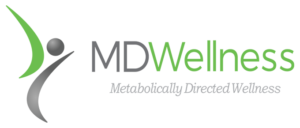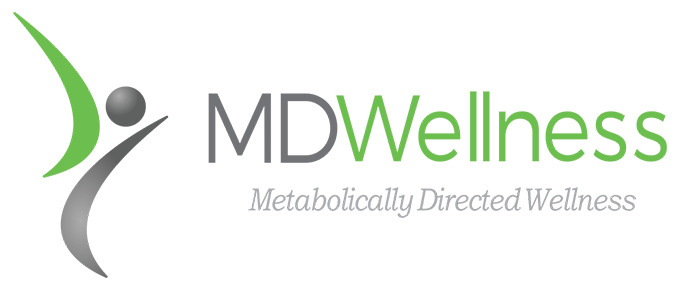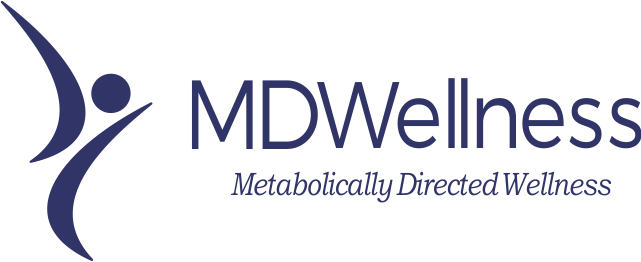Have you ever found yourself in an extremely stressful situation and your first instinct is to take a Deep Breath? This deep breathing technique is actually used in a bevy of relaxation and stress-relief programs. In fact, if you speak to many healthcare professionals, you will often hear the endless praise of deep breathing techniques. Most holistically minded practitioners of various disciplines like martial arts, yoga, Reiki, and other mind-body practices encourage deep belly breathing. This soothing method requires you take a full breath filling your entire abdomen, engaging your ribcage and abdominal muscles, and all the while staying mindful in the process. The cadence and the depth of your breath directly impact the state of your mind and the health of your body. These types of healing, breathing techniques have been taught and passed down from generation to generation throughout the ages and across the continents.
How does The Relaxation Response work?
We know that breathing is both voluntary and involuntary. You can actively choose to hold your breath, breathe shallow, or more deeply, but even as you sleep your breath is automatic. You can think of your breathing as the interface between your voluntary nervous system and your autonomic nervous system. By incorporating these breathing techniques, you can actually slow your pulse rate, lower your blood pressure, and normalize and balance various involuntary autonomic nervous system functions. Additionally, mastering this ancient method can help you to reduce the adverse effects of excess stress from your mind and body, as well as increase your overall wellbeing.
The Physiology of the Relaxation Response
When you practice deep breathing which involves your diaphragm (the muscle separating your chest from your abdomen) you will activate what is known as the “Relaxation Response”. There is scientific evidence confirming that deep abdominal breathing has an effect on your autonomic nervous system. This health promoting effect most likely is mediated through your Vagus nerve (Jerath, R., Edry J.W, Barnes, V.A., and Jerath, V. [2006]). Physiology of long pranayamic breathing: Neural respiratory elements may provide a mechanism that explains how slow deep breathing shifts the autonomic nervous system (Medical Hypothesis, 67, 566-571).
Soothing Your Vagus Nerve
Your Vagus nerve is one of your larger and most important nerves in your body and has connections to your diaphragm. In fact, the role of your Vagus nerve is to counteract the alarm that goes off in your body when the “fight or flight” effects of your sympathetic nervous system are activated. Basically, your Vagus nerve tells your brain, “It is safe now and all bodily functions can return to a state of normalcy”. When you find yourself in an anxious state, the most natural way to trigger your Vagus nerve is with deep breathing. This deep, abdominal, diaphragmatic breathing stimulates your Vagus nerve and has a normalizing effect on your Autonomic Nervous System. Your Autonomic Nervous System controls multiple functions in your body and is made up of two opposing systems, your sympathetic nervous system (SNS) and your parasympathetic nervous system (PNS).
Deep Breaths Will Lead to Better Digestion
You now know that deep breathing exercises help to activate your parasympathetic nervous system which can facilitate the “Relaxation Response” and promote reparative activities in your body including digestion. Conversely, your sympathetic nervous system stimulates your “fight or flight” response and paralyzes your bowels and digestive processes. Consequently, by exercising deep breathing techniques, your body can carry out digestion in a more efficient manner, thereby easing many symptoms you may feel from an irritable bowel.
A Healthy Bodily Practice Requires a More Mindful Practice
You must think of deep breathing as an essential practice to observe daily such as brushing your teeth. Simply put, the more you exercise your mind and body to get to that restful place of relaxation, the easier it will be for you to get there. When you find yourself stuck in traffic, receive some bad news, or catch yourself breathing a shallow anxious breath, allow yourself to take a few profound, slow, deep, relaxing breaths to remind yourself how it should be. And finally, the best thing about a deep breathing practice is that you can do it anywhere and at any time.










